


Books in series

Warlords and Holy Men
Scotland AD 80 - 1000
1984

Kingship and Unity
Scotland 1000-1306
1981

Independence and nationhood
Scotland, 1306-1469
1984

Court, Kirk, and Community
Scotland 1470-1625
1981
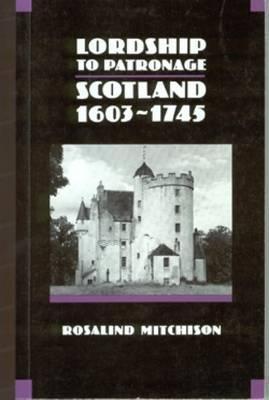
Lordship to Patronage
Scotland, 1603 - 1745
1983
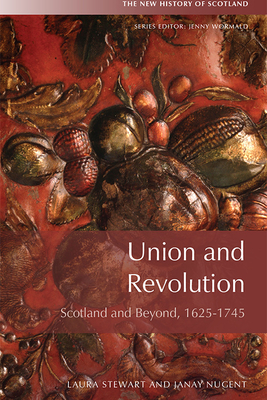
Union and Revolution
Scotland and Beyond, 1625 - 1745
2021
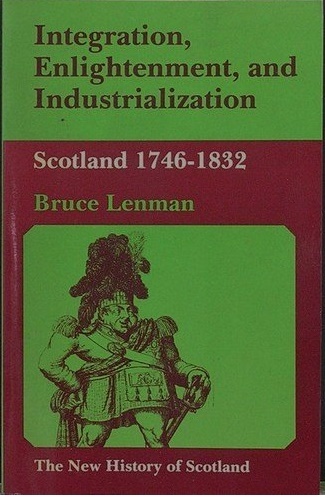
Integration, Enlightenment and Industrialization
Scotland 1746 - 1832
1981
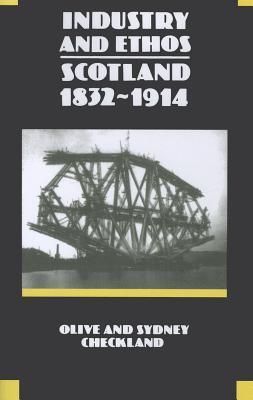
Industry and Ethos
Scotland 1832 - 1914
1989

No Gods and Precious Few Heroes
Twentieth-Century Scotland
1981
Authors
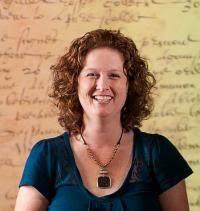
Janay Nugent is an Associate Professor in the Department of History, Teaching Fellow in the Teaching Centre, and founding member of the Institute for Child and Youth Studies at the University of Lethbridge, Alberta, Canada. Dr. Nugent grew up in Coaldale and completed her Bachelor of Arts in History at the University of Lethbridge in 1995. She earned her graduate degree, Master of Arts (1997), and Doctor of Philosophy (2005), in History and Scottish Studies at the University of Guelph. She began teaching at the University of Lethbridge in 2003 and became a full-time faculty member in 2004. Her research interests and teaching areas include: the history of women, gender, and family in early modern Europe (c.1500 - c.1800); early modern Britain and Scotland; the religious Reformation; and child and youth studies. Her most recent publication is the co-edited collection, Children and Youth in Premodern Scotland which appears in the St. Andrews Series in Scottish History for Boydell & Brewer Press.

Geoffrey Wallis Steuart Barrow (born 1924) DLitt FBA FRSE is a British historian and academic. He is Professor Emeritus at the University of Edinburgh, and arguably the most prominent Scottish medievalist of the last century. The son of Charles Embleton Barrow and Marjorie née Stuart, he was born on 28 November 1924, at Headingley near Leeds. Barrow attended St Edward’s School, Oxford, and Inverness Royal Academy, moving onto the University of St Andrews and Pembroke College, Oxford. He became Lecturer in History at University College, London in 1950, remaining there until 1961 when he became Professor of Medieval History at the University of Newcastle upon Tyne, and then in 1974 Professor of Scottish History at the University of St Andrews. He was Sir William Fraser Professor of Scottish History and Palaeography at the University of Edinburgh from 1979 to 1992. He married, in 1951, Heather Elizabeth née Lownie, with whom he had one son and one daughter. He began his work by studying the nature of feudalism in Anglo-Norman Britain, but moved on to specialize more thoroughly on Scottish feudalism. His work has tended to focus on Normanisation in High Medieval Scotland, especially in reference to governmental institutions.

Professor Christopher Harvie is a Scottish historian and author. He was Professor of British and Irish Studies at the University of Tübingen, Germany and a Scottish National Party Member of the Scottish Parliament for Mid Scotland and Fife from 2007 to 2011. Harvie grew up in the Borders village of St. Boswells and was educated at Kelso High School and the Royal High School in Edinburgh. He studied at the University of Edinburgh, where he graduated in 1966 with a First Class Honours M.A. in History. He received his PhD from Edinburgh in 1972 for a thesis on university liberalism and democracy, 1860-1886. As a historian, Harvie was the Shaw-Macfie Lang Fellow and a tutor at Edinburgh University from 1966 to 1969. He joined the Open University in 1969 as a history lecturer, and from 1978 he was a senior lecturer in history. His publications include Scotland and Nationalism (1977, revised 1994), Fool’s Gold: the Story of North Sea Oil (1994), Broonland: the Last Days of Gordon Brown (2010), and Scotland the Brief: a Short History of a Nation (2010).
